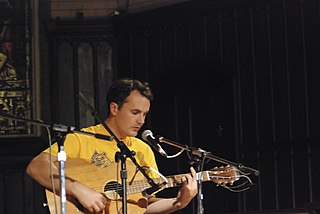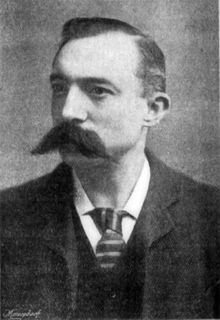A Quote by Georges Bataille
Eroticism cannot be entirely revealed without poetry.
Related Quotes
It is at once by way of poetry and through poetry, as with music, that the soul glimpses splendors from beyond the tomb; and when an exquisite poem brings one's eyes to the point of tears, those tears are not evidence of an excess of joy, they are witness far more to an exacerbated melancholy, a disposition of the nerves, a nature exiled among imperfect things, which would like to possess, without delay, a paradise revealed on this very same earth.
All lives are composed of two basic elements," the squirrel said, "purpose and poetry. By being ourselves, squirrel and raven, we fulfill the first requirement, you in flight and I in my tree. But there is poetry in the meanest of lives, and if we leave it unsought we leave ourselves unrealized. A life without food, without shelter, without love, a life lived in the rain—this is nothing beside a life without poetry.
We may live without poetry, music and art; We may live without conscience, and live without heart; We may live without friends; we may live without books; But civilized man cannot live without cooks. . . . He may live without books,-what is knowledge but grieving? He may live without hope,-what is hope but deceiving? He may live without love,-what is passion but pining? But where is the man that can live without dining?
Cultural criticism finds itself faced with the final stage of the dialectic of culture and barbarism. To write poetry after Auschwitz is barbaric. And this corrodes even the knowledge of why it has become impossible to write poetry today. Absolute reification, which presupposed intellectual progress as one of its elements, is now preparing to absorb the mind entirely. Critical intelligence cannot be equal to this challenge as long as it confines itself to self-satisfied contemplation.





































